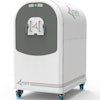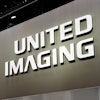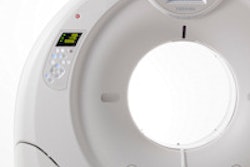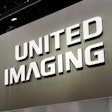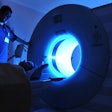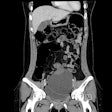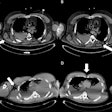Dear AuntMinnieEurope Member,
Spain may have ongoing economic worries, but the country's radiologists are thriving, it seems.
In the poster hall at the RSNA 2013 meeting in Chicago, four of the five European recipients of the Magna Cum Laude awards came from Spain. There's always intense competition for these accolades, so this remarkable achievement underlines the quality of the research being done in the country. Go to our MRI Digital Community, or click here.
When it comes to PACS replacement, it's vital to establish a good working relationship with your suppliers, advises Dr. Neelam Dugar, former chair of the U.K. Royal College of Radiologists' Imaging Informatics Group. In the second part of her series, she explains how the process was handled at Doncaster Royal Infirmary. Click here to learn more.
Thousands of German-speaking radiologists will be heading for Hamburg in late May 2014. Plans for the joint German/Austrian radiology congress are already well advanced, and you can read about them in our Digital X-Ray Digital Community, or by clicking here.
Scandinavians have a fine track record and a rich heritage in breast imaging, so it was no surprise to see Norwegian radiologists playing a prominent role at the RSNA congress. Find out more in our Women's Imaging Digital Community, or click here.
The greater use of CT has resulted in more detection of incidental breast lesions, and it's important to have knowledge of imaging features that help in categorizing these lesions into those demonstrating benign features and those showing malignant features, according to U.K. researchers. Get the story here.
Finally, a novel x-ray fluorescence imaging system could enable molecular CT using nonradioactive high-Z tracers, German researchers have found. Visit our Molecular Imaging Digital Community, or click here.


